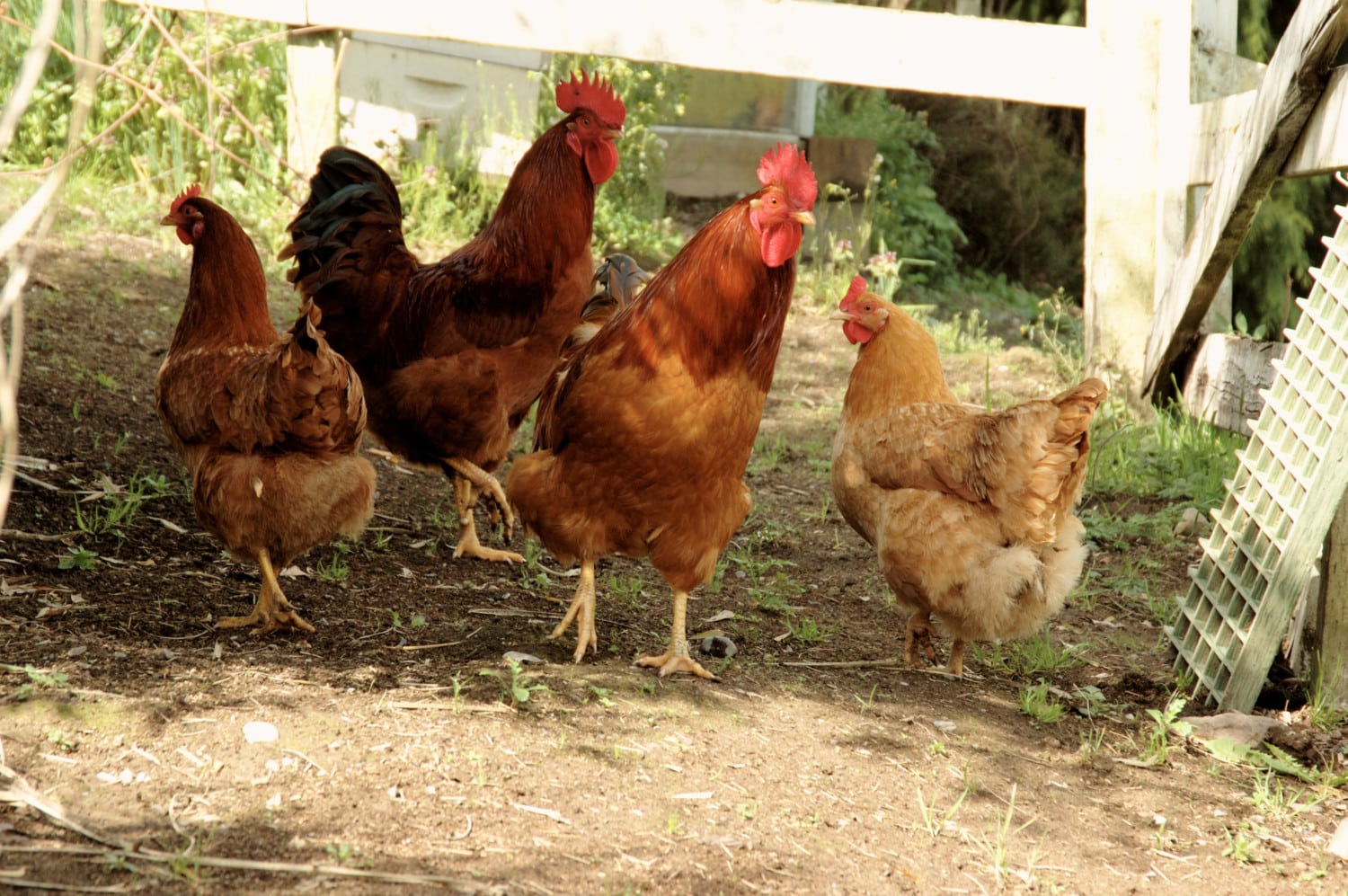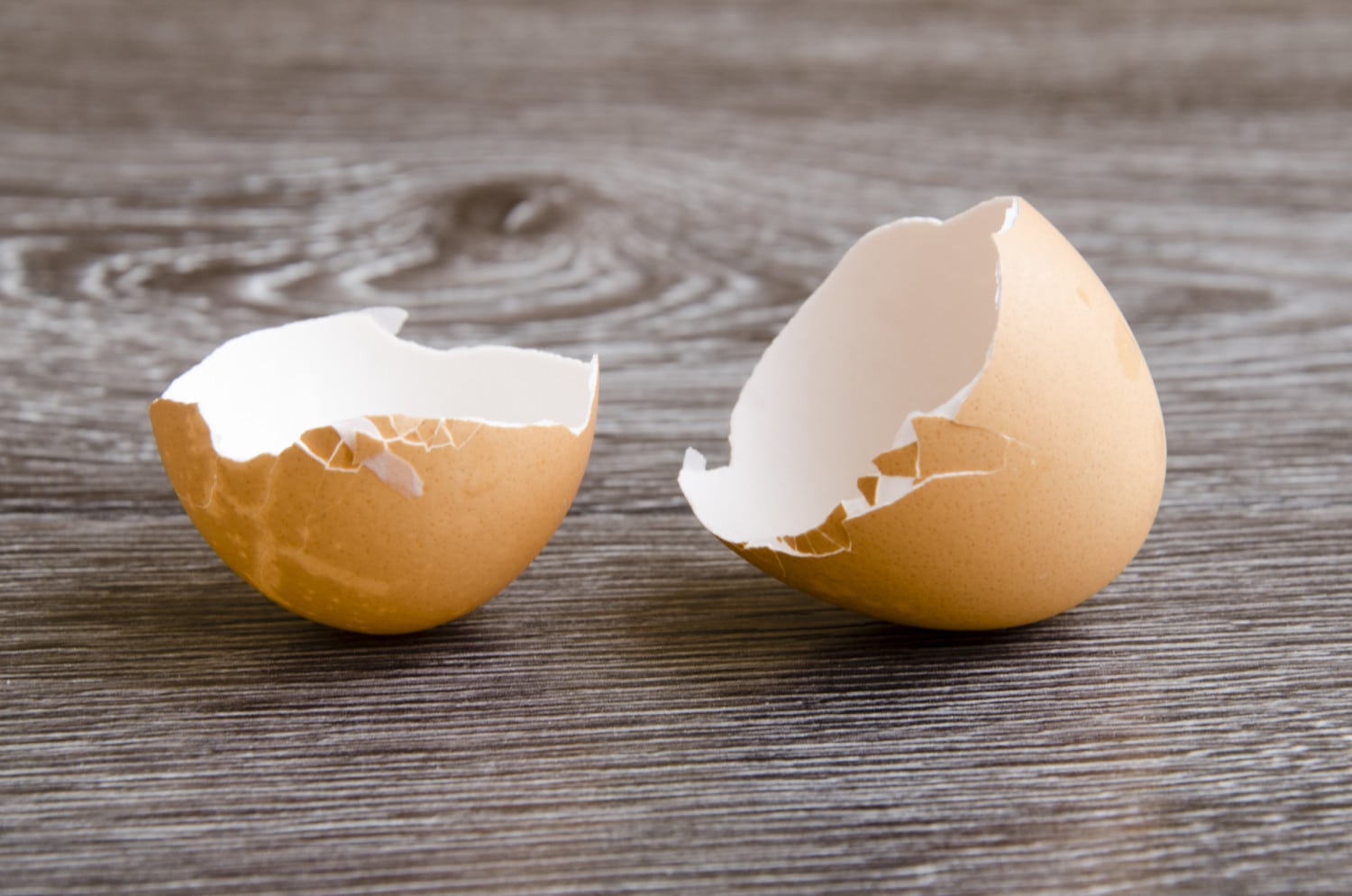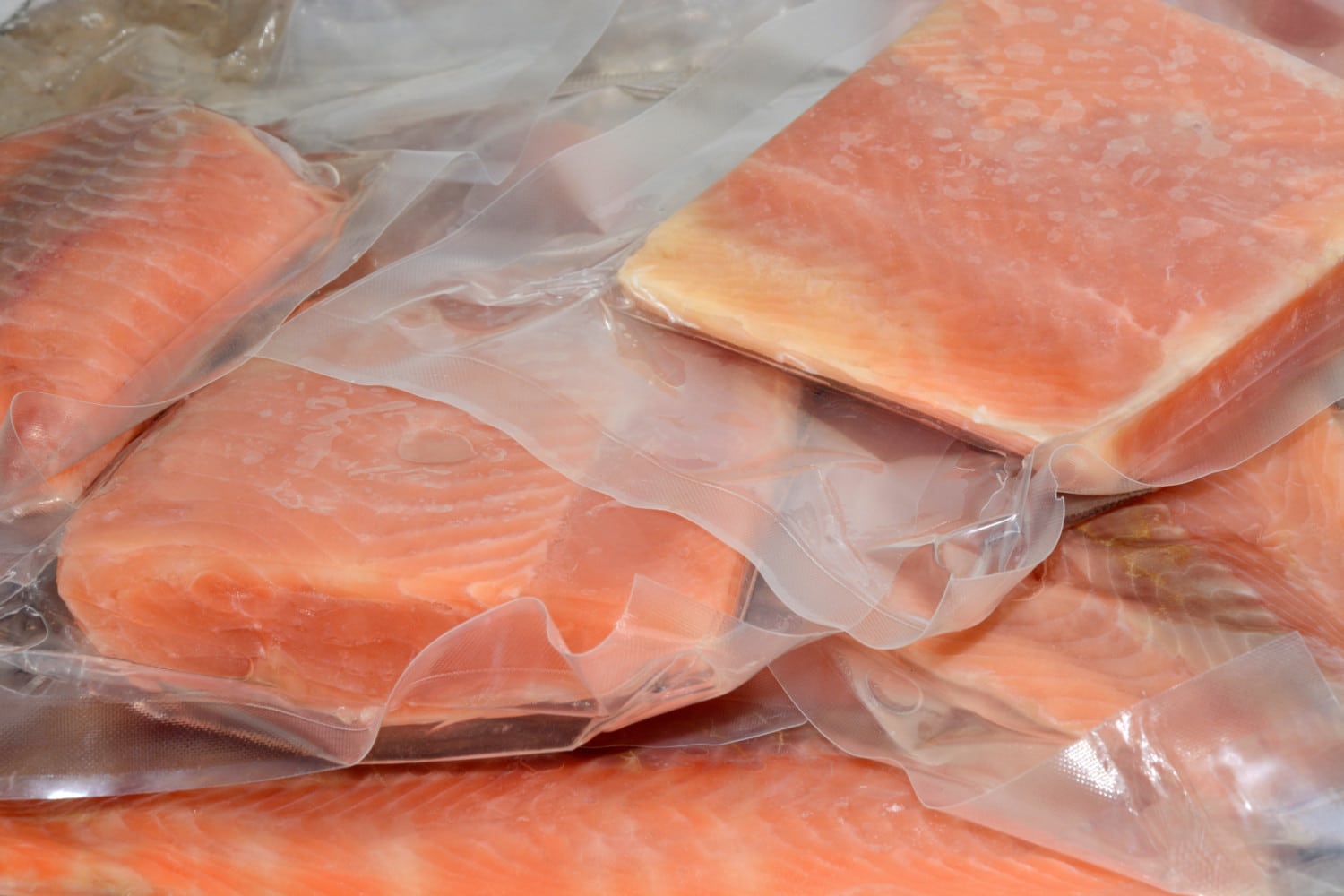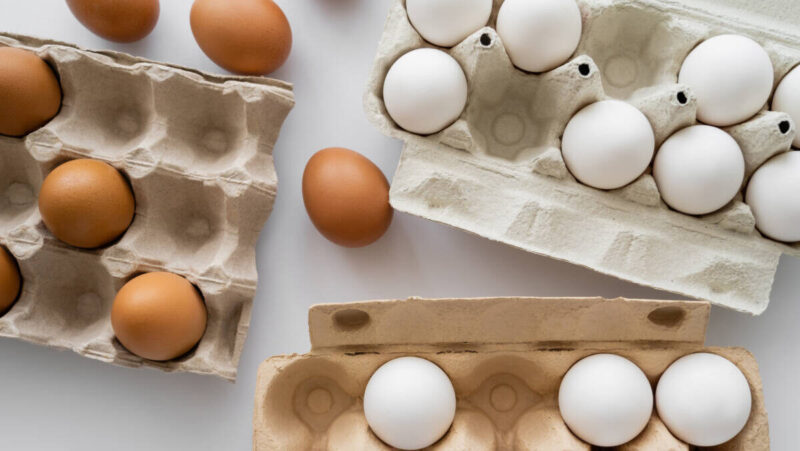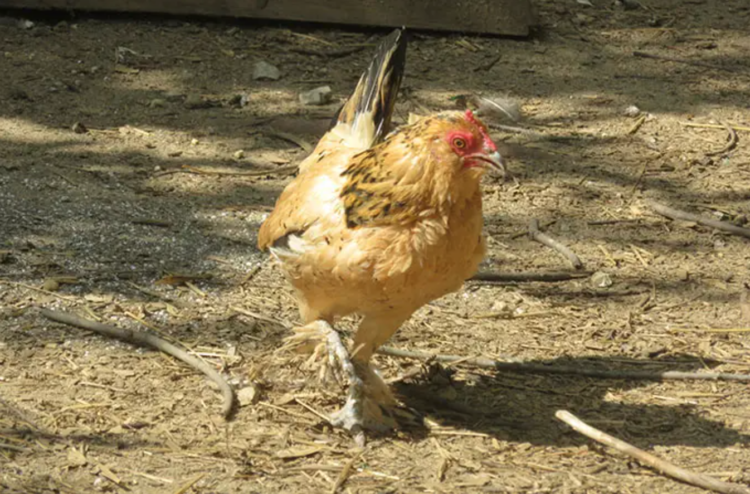Why Americans Refrigerate Their Eggs When Other Countries Don’t
When it comes to the way countries do things, America is usually the oddball. America doesn’t use the metric system, A4 paper or Celsius degrees, for example.
And something else we do differently? We refrigerate our eggs. While we aren’t the only country that does this, there are plenty of places that keep their eggs at room temperature. So, why the difference?
As NPR explains it, it all comes down to salmonella and how countries go about preventing it. European countries, for example, keep their eggs at room temp, but they vaccinate their female chickens to help prevent them from ever having the disease, making them less likely to spread it.
America and other countries, such as Japan, do not vaccinate the chickens, but they require that eggs get washed and then refrigerated.
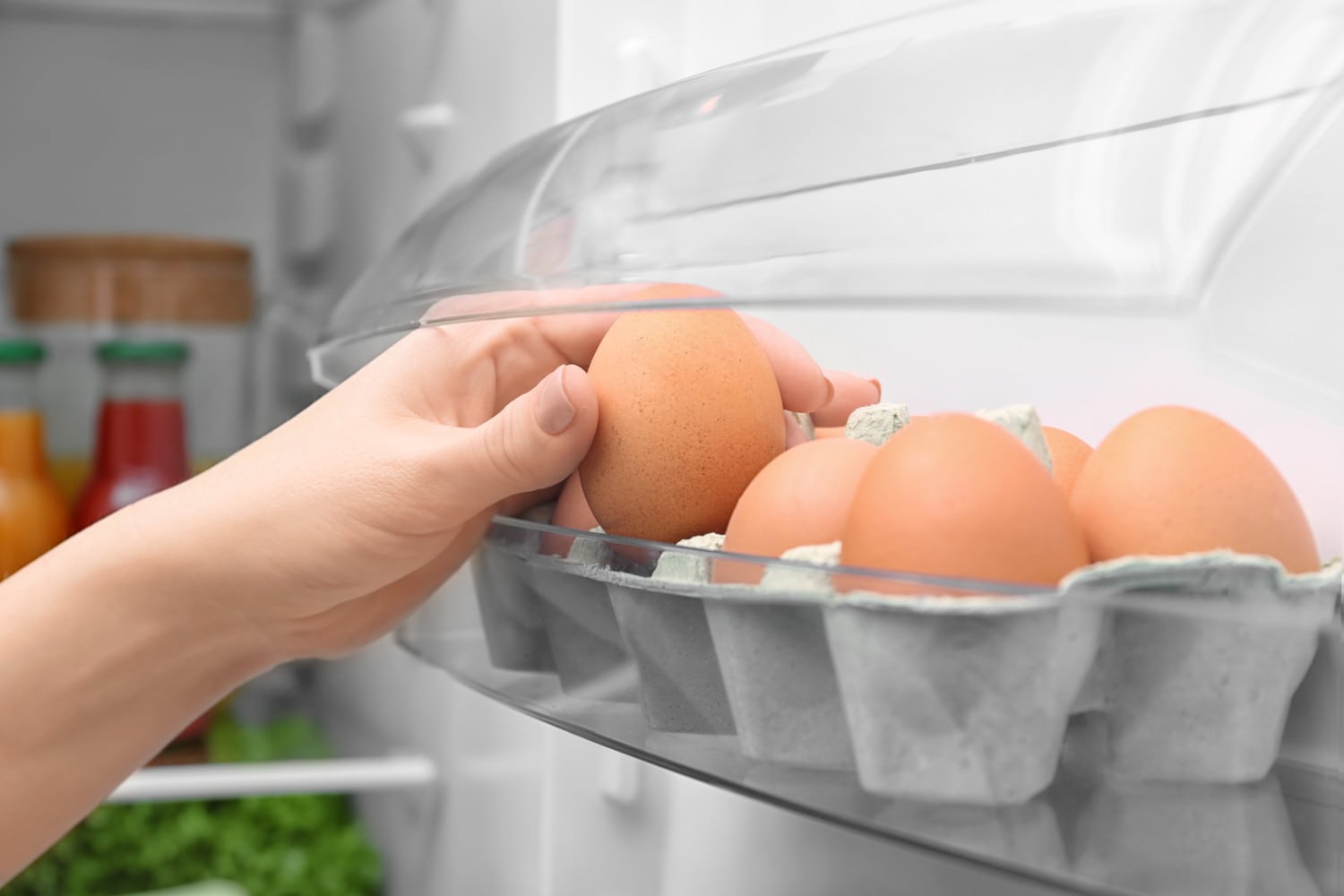
The Pros And Cons
So which method is better? Well, they both have their own set of pros and cons.
Washing eggs takes away a protective layer from the eggshell, which means bacteria could possibly sink in. So, the U.S. adds a layer of oil around the shell to prevent germs from entering as easily.
But the problem with this method is this: Once you get eggs cold, you need to keep them at that temperature. Otherwise, condensation occurs, and that could allow salmonella to seep through the shell.
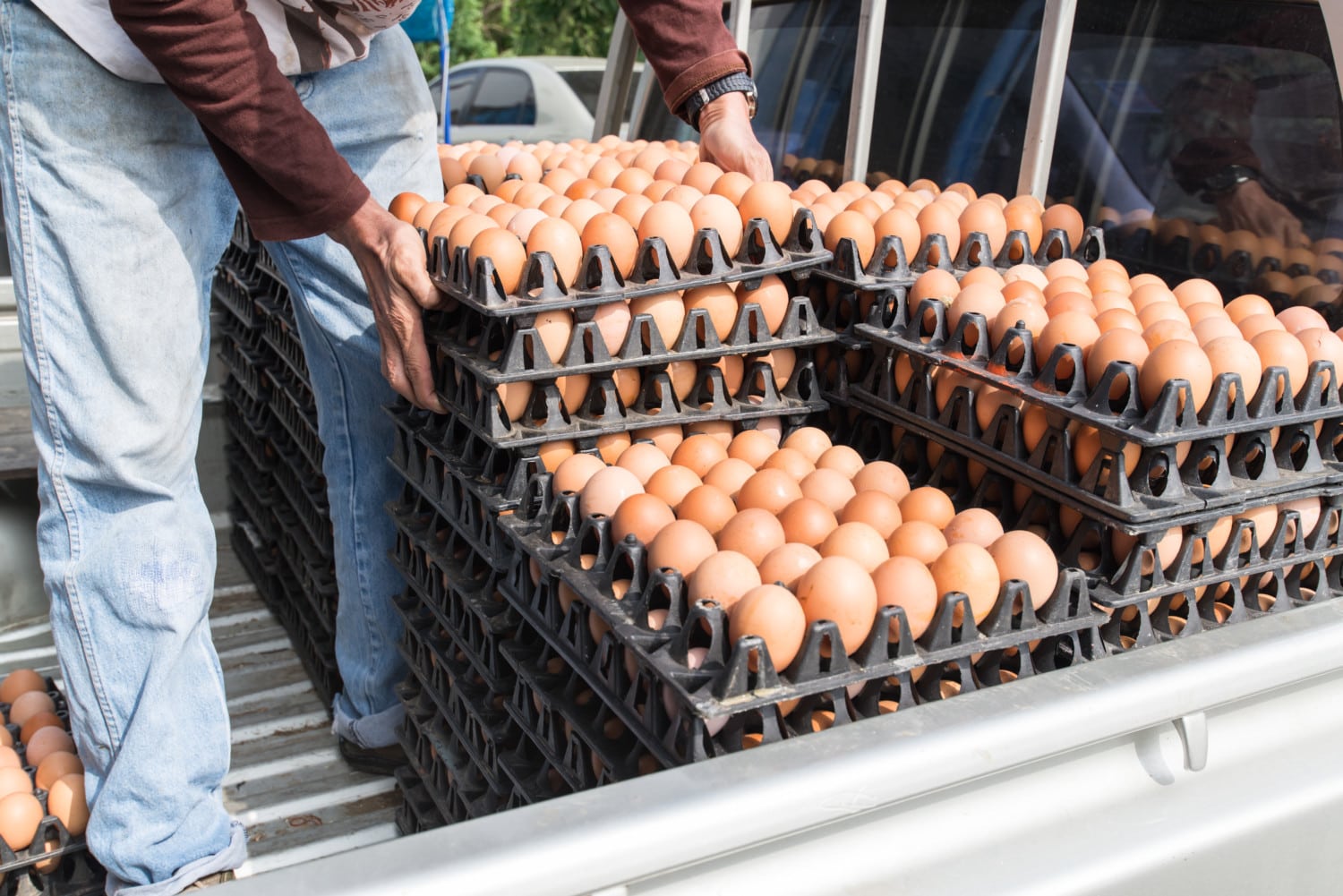
Not washing eggs allows the protective outer layer to remain. As far as storage goes, though, keeping eggs warm means they don’t last nearly as long.
According to the same NPR article, refrigerated eggs can last around 50 days. At room temperature, they’re only good for about 21 days.
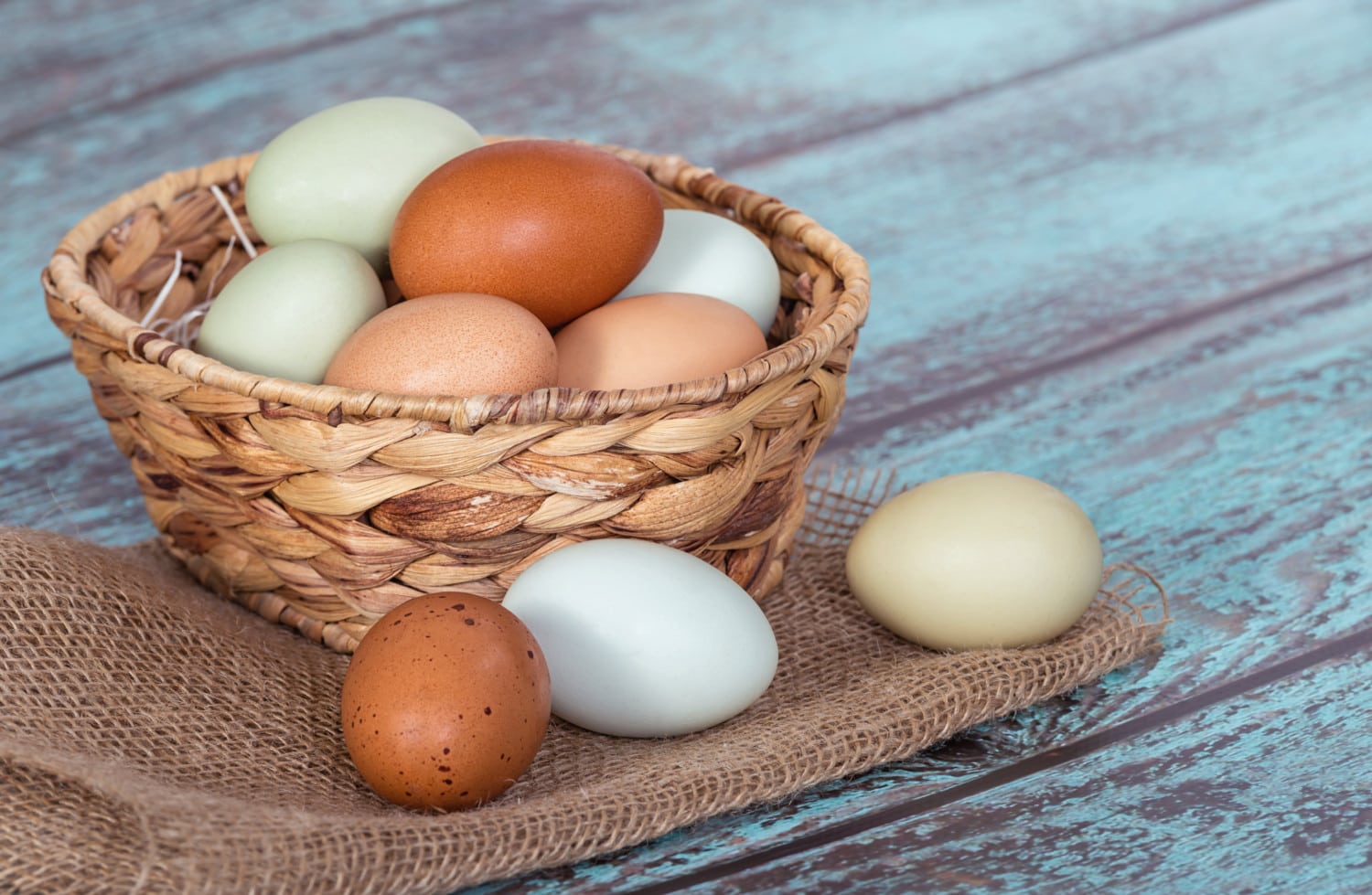
So, how do you like to store your eggs? It’s likely based on where you’re from. While there aren’t as many storage methods as there are cooking uses for this food, there are quite a few options.
What About Butter?
Butter is another food that presents the “to refrigerate or not to refrigerate” dilemma. It’s a dairy product, so keeping it in the fridge might be your natural inclination. But many people opt to store it in a dish on the table or kitchen counter — and it’s so nice to be able to spread room-temperature butter on your toast!
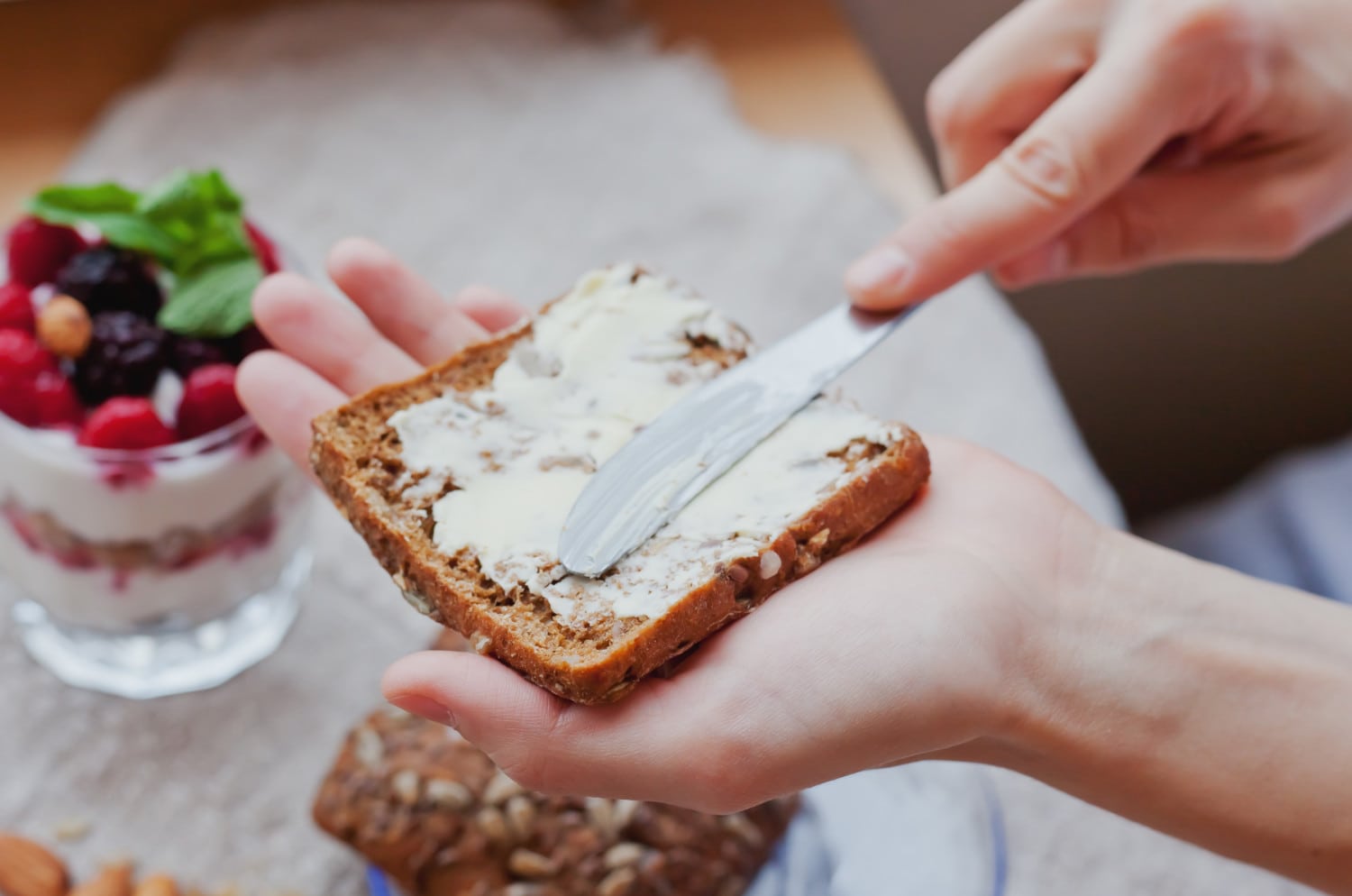
So, what’s the verdict with butter?
According to Ben Chapman, food safety expert and professor at North Carolina State University, it is safe to leave butter unrefrigerated. That’s because — unlike other dairy products — butter is made by an emulsifying process that keeps fat molecules inside water, which, in turn, protects against bacterial growth.
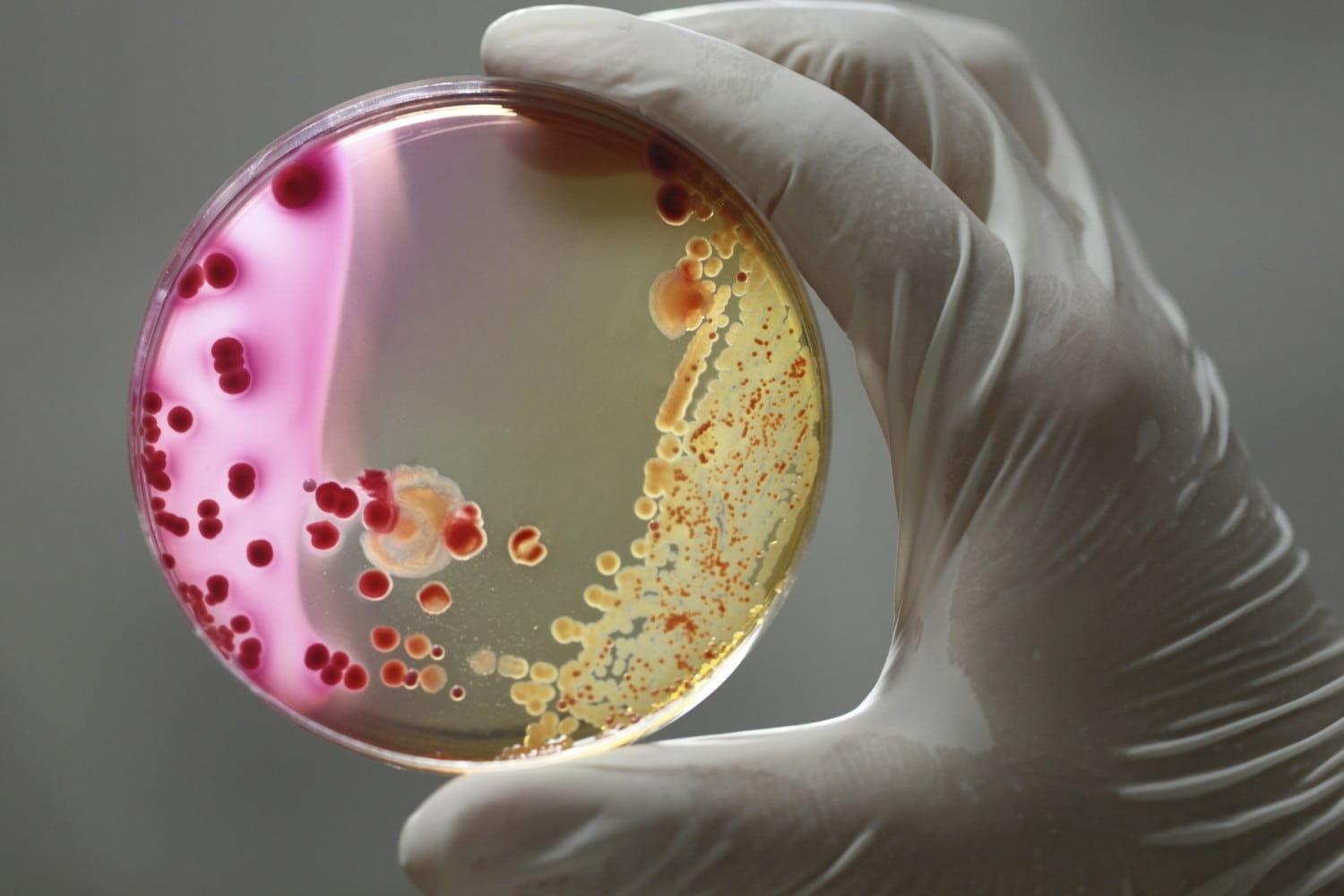
Of course, you should still take some steps to ensure that butter stored on the counter or table stays fresh. Keep butter in a crock that protects it from light and oxygen. And use common sense about when to toss it. After about a week, unrefrigerated butter will start to lose freshness.
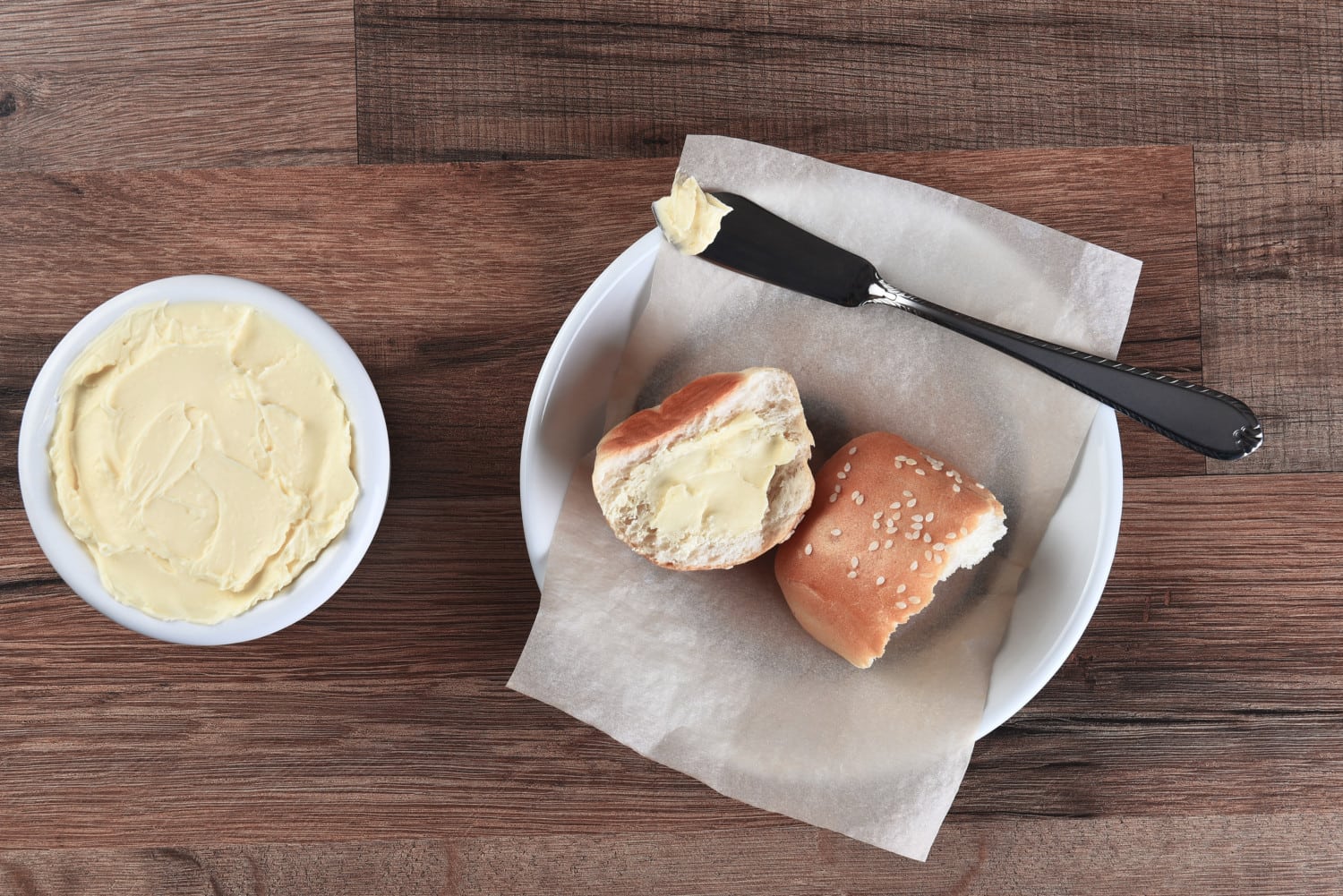
The Safest Way To Thaw Frozen Fish
Another food-safety guideline you may not be aware of has to do with defrosting frozen fish. If you’ve ever purchased fish in vacuum-sealed plastic, and then set it on the counter to thaw, you may have unknowingly exposed your family to potential illness.
Why?
Low-oxygen environments (like a vacuum-sealed package containing raw fish) can be a breeding ground for botulism. Thawed frozen fish also carries a risk for listeria, which can be dangerous for pregnant women, newborns, adults over age 65 and anyone with a weakened immune system.

Instead of defrosting on the counter, fish should be removed from vacuum-sealed packaging and thawed in a refrigerator that is below 38 degrees Fahrenheit.



